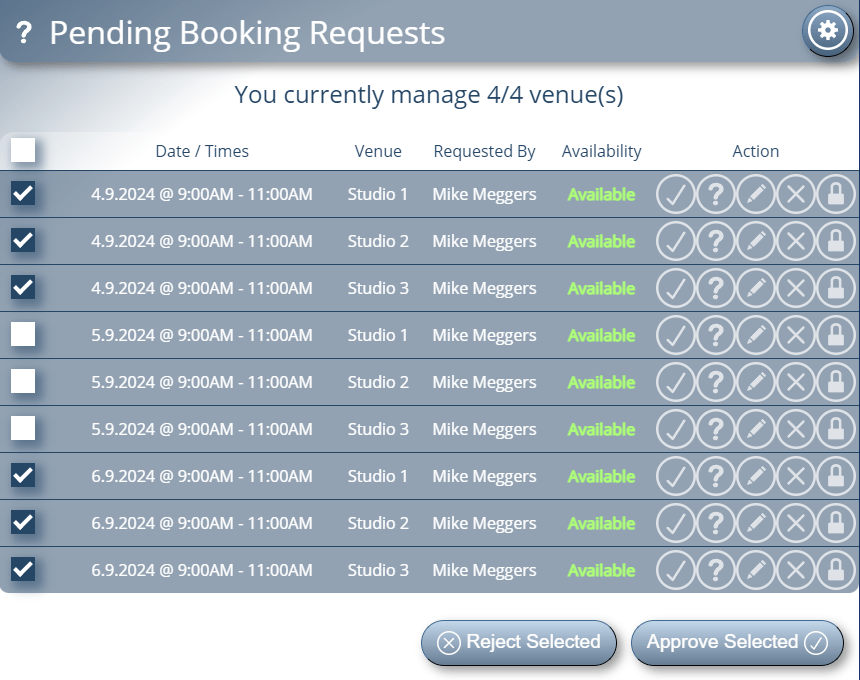This week we’ve released an update to the optional “Reviews” addon for MIDAS.
If you’re not familiar with this addon, it allows your business to automatically collect feedback, reviews, and ratings on independent review sites from the customers who hire and book your facilities.
How the Reviews addon works
The “Reviews” addon works by automatically notifying an independent review collection platform after a client’s booking has taken place at your facilities. The review platform then in turn sends out an invitation by email to your client asking them to leave a review or rating of their experience with your business on their website.
Supported Review Platforms
First released in 2020, initially integration was supported for four independent review platforms by our addon. This was further increased to five review platforms in 2022.
As our Reviews addon integrates with independent, third party review and rating services, our addon is reliant on these services remaining active.
Latest updates to our Reviews addon

Recently, the “Psydro” review platform appears to have closed. It’s main website has been timing out and returning errors for a while now. Whilst there’s been no official statement from Psydro, given their website had been inaccessible for some time, we believe this platform is now dead. Consequently, we have now dropped support for Psydro.

There’s also something strange going on with the “collect-reviews” website. Recently, it’s content has changed to a Thai gambling site. Again, there’s been no official statement from the collect-reviews team. It is therefore not known if they’ve sold their domain, or if it’s been hacked. Either way, it’s clear that right now their website is not the review platform it was previously. Consequently, we have now also dropped support for “collect-reviews”.

Finally, “TrustSpot” has recently rebranded to become “RaveCapture”. TrustSpot was one of the review platforms our addon supported from the outset. According to the TrustSpot/RaveCapture team, other than a name and logo change, nothing else has changed. The platform’s functionality remains the same. We’ve therefore updated the name and logo in our Reviews addon to reflect this rebrand.
In addition to RaveCapture/TrustSpot, our addon continues to support the Reviews.io and TrustPilot platforms too!
How to get the Reviews addon
If you’d like to get reviews from users of your facilities on popular review sites like TrustPilot, then the Reviews addon for MIDAS is for you!
This optional addon is available for both cloud hosted and self hosted MIDAS booking systems.
To add this addon to your existing MIDAS system, simply go to mid.as/upgrade.
If you’re not yet using MIDAS to handle your bookings and scheduling, you can get MIDAS today with the Reviews addon.



